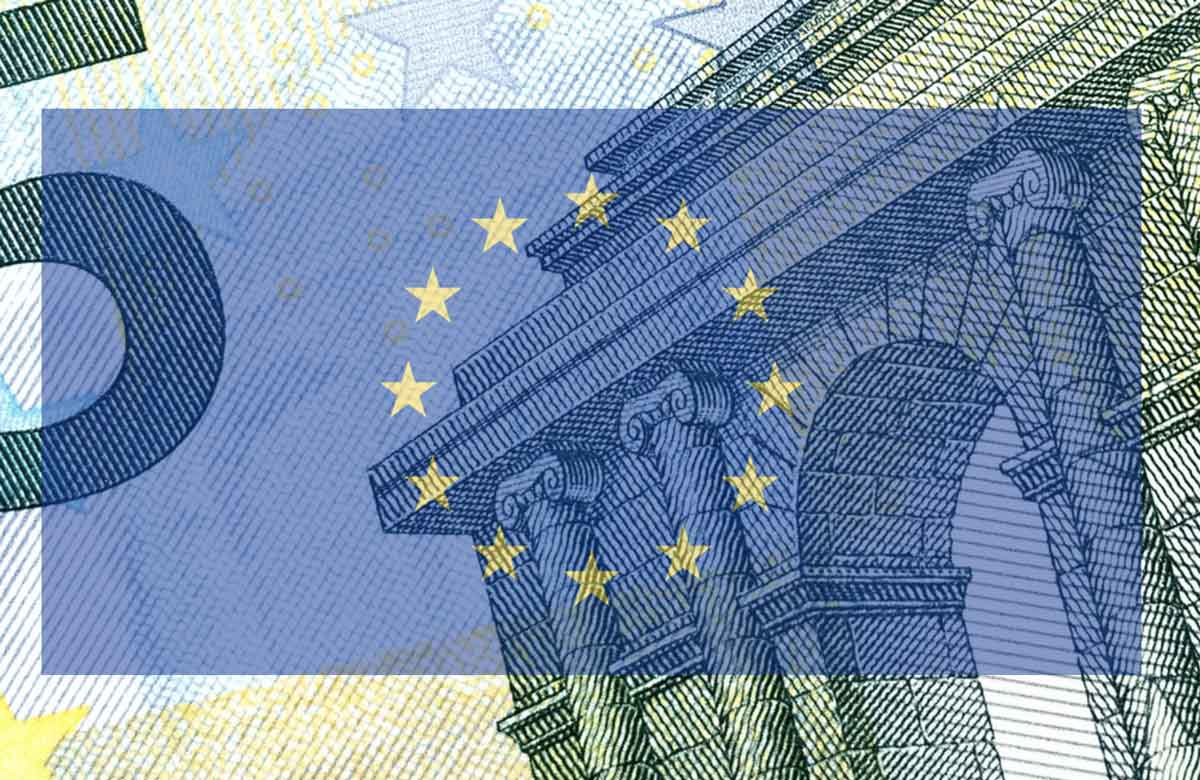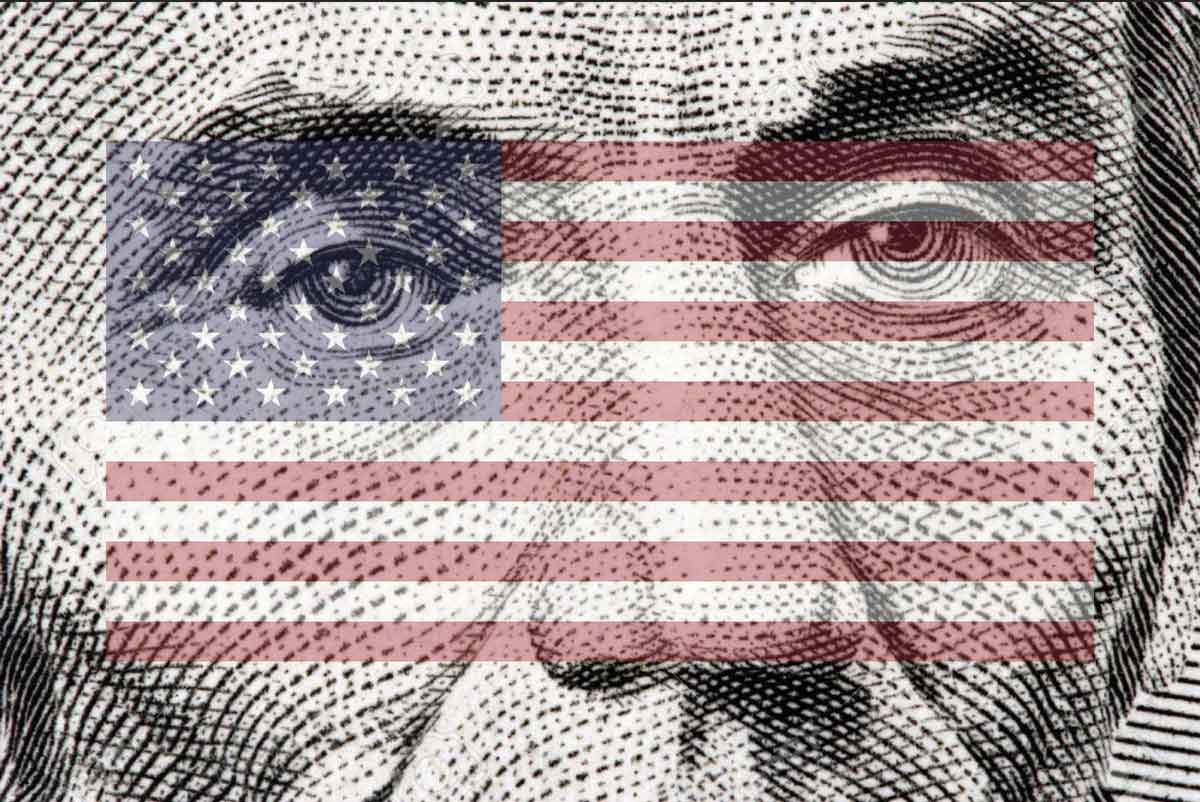Brexit continues to dominate among influencers of pound exchange rates.
With Parliament taking control of affairs via a late Commons vote on Monday and now committed to a round of “indicative votes,” all roads point to a softer Brexit, analysts say, and this favours higher sterling exchange rates.
Britain's currency is back trading at US$1.32 this week, and against the euro, at €1.17. It had been as weak as US$1.30 and €1.146 last Thursday when it wasn’t clear whether the UK would be granted any extension at all beyond March-29, no matter how short.
In a note on Tuesday morning, MUFG wrote that the two most likely outcomes from here are “no clear majority for a single outcome \[following indicative votes\], which would extend the current deadlock, or that a majority of MPs back a softer Brexit."
Despite remaining the legal default, a no-deal Brexit is close to being off the table—“Mr Brexit” himself, Nigel Farage, admitted as much on LBC radio on Tuesday morning—and this, Bank of America Merrill Lynch says, means currency speculators should be betting on pound appreciation.
“Cost-benefit analysis of the key players suggests that a benign \[Brexit\] outcome remains likely. We recommend investors look to add to long GBP positions on dips,” BofAML said.
In agreement are technical analysts at Commerzbank. In a Tuesday note discussing EUR/GBP, the German bank’s chief technical analyst Karen Jones said there “is a risk of a slide to the 200-week Moving Average at £0.84," thereby implying GBP/EUR rates in the €1.19s—levels not seen since May 2017.
BER articles that mention the British pound (GBP):

The U.S. Dollar Is Losing Ground to the Euro — And the World Is Watching
Deutsche Bank forecasts a significant weakening of the US dollar in the coming years, potentially reaching its lowest level against the euro in over a decade.
Wise Review: Is It the Best Way to Transfer Money Internationally?
The Wise Account allows users to hold and convert funds in 40 different currencies and send and spend internationally, all at the “real” exchange rate and with exceptionally low service fees. Users can also receive major-currency payments free of charge.

Global Currency Markets React to U.S. Tariffs and Economic Policies
Recent U.S. trade policies, including aggressive tariffs on auto imports, have introduced significant volatility in global currency markets, affecting major currencies such as the euro, British pound, and Japanese yen.
Further reading on the British pound (GBP) - Guides, Reviews & News from our research team.
Disclaimer: aPlease note any provider recommendations, currency forecasts or any opinions of our authors should not be taken as a reference to buy or sell any financial product.